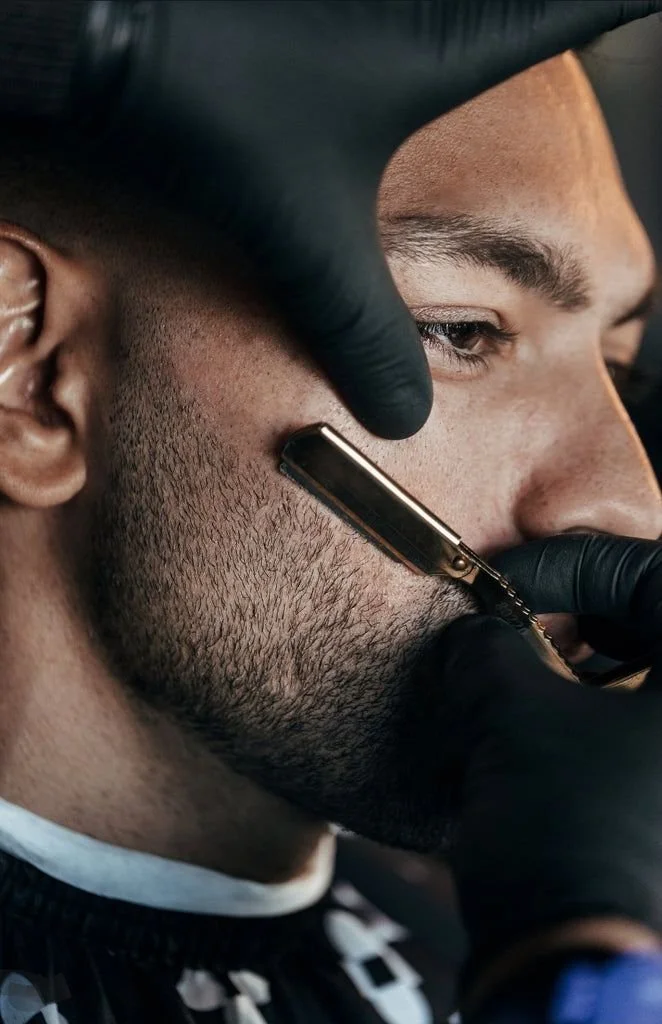If you’ve just purchased a new iPhone, you're probably excited to explore everything it has to offer. While the first few days may be spent learning the ins and outs of iOS and testing out the camera, the real fun begins when you start downloading apps.
This guide will help you build a powerful and practical app library to maximize your iPhone experience. Here are 12 essential apps you’ll want to check out right away.
No. 1
Health and Fitness
Managing your health and fitness is easier than ever with your iPhone. Even without an Apple Watch, there are plenty of apps that can help you stay on track.
MyFitnessPal is a top choice for tracking your diet and activity levels, offering detailed calorie and macro breakdowns. If you're a runner or cyclist, Strava is a fantastic option for tracking distance, pace, and power output, complete with map features.
No. 2
Photo Editing
iPhones are known for their excellent cameras, and recent models have taken mobile photography to new heights. While iOS includes basic editing tools, third-party apps offer more advanced features.
Polarr stands out for its intuitive interface and wide range of filters, including AI-powered touch-ups. For more in-depth editing, Snapseed offers 29 professional-grade tools that allow for precise, subtle enhancements.
No. 3
Security
Online safety should be a top priority, especially with how much personal information we store on our phones. A VPN is one of the most effective tools for protecting your data.
Apps like VPN Pro encrypt your internet connection and reroute it through secure servers, shielding your activity from prying eyes. It’s a simple, subscription-based service that can be activated with a single tap.
Kindle Unlimited
Sign up for a 3-month trial and dive into a wealth of resources on health, wellness, and self-development.
No. 4
Education
Your iPhone can also be a powerful learning tool. Whether you want to pick up a new language or dive into a good book, there are apps to support your goals.
Duolingo and Memrise make language learning fun and interactive. For book lovers, Kindle and Audible offer massive libraries of eBooks and audiobooks you can enjoy anywhere.
If you're into brain training, Elevate provides engaging exercises to sharpen your memory, math, and communication skills.
No. 5
Widget Customization
With the latest iOS updates, Apple has embraced widget customization in a big way. Now, you can personalize your home screen just like Android users have for years.
Widgetsmith is a standout app that lets you create custom widgets with different fonts, colors, and themes. It’s a fun way to make your iPhone feel more personal and visually unique.
No. 6
Cloud Storage
While newer iPhones come with generous storage options, heavy users may still need additional space. Cloud storage apps are a great solution for backing up files and freeing up device memory.
iCloud is Apple’s built-in option and integrates seamlessly with your device. However, Google Drive offers 15GB of free storage, making it a great alternative for those who want more space without paying extra.
Takeaways
Your new iPhone is more than just a phone—it’s a powerful tool for productivity, creativity, and entertainment. By choosing the right apps, you can tailor your device to suit your lifestyle and goals.
From fitness tracking and photo editing to security and education, these essential apps will help you unlock the full potential of your iPhone. Start exploring, stay secure, and make your device truly your own.
Looking for resources?
At Hello Lovely Living, we aim to empower you to earn and save money and time while benefiting from our expansive network of home, life, wellness, travel, work-from-home, career, and business resources and opportunities. Discover a wealth of tools to support your journey.



































































